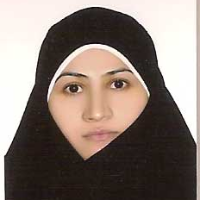Investigating the Interaction of Shia Political Jurisprudence and the Islamic Revolution of Iran
The Islamic Revolution of Iran is known as one of the superb phenomena of the twentieth century, the essential political-religious revolution globally, which has left various effects at the national and international levels. Shia ideology is a crucial element in the etymology of this revolution. One of the basic principles of this ideology is political jurisprudence that has a two-way relationship with the Islamic Revolution. With a qualitative method and documentary study, the present study aimed to analyze the interaction between Shia political jurisprudence and the Islamic Revolution. To this aim, we reviewed documents and library resources and extracted the required data in research files. The results indicated that, on the one hand, Imam Khomeini, as the founder of the Islamic Revolution, by using Shia political jurisprudence, has founded and promoted this revolution. On the other hand, the Islamic Revolution has significantly impacted the development and promotion of Shia political jurisprudence by creating innovative spaces and arenas. This interrelationship is also associated with obstacles, challenges, and harms that the present article has partly addressed.
-
Textual, Inter-textual, and Meta-textual Analysis of the Narrations about Entering the World into an Egg
*
Hadith Studies and Researches, Spring 2024 -
The influence of cultural differences in understanding the simile of a human being to a donkey with a sore back. In letter 45 of Nahj al-Balagha
*, Atiyeh Salmani, Elham Zarrinkolah
Hadith Sciences,



